Decades prior to 2 Cold Scorpio influencing the high-flying style in the U.S. or Norman Smiley wrestling in Mexico as Black Magic, there was Dory Dixon.
BEFORE WRESTLING
Born February 1, 1935, as Dorrel Dixon, the Jamaica-born wrestler entered sports and athletics as a professional weightlifter. He had many accolades in weightlifting circles being a former Mr. Jamaica. He also represented Jamaica at the 1954 Central America and Caribbean Games which were in Mexico City that year.
Dixon would fall in love with the country and stayed in the country illegally, not having official papers. His impressive build and connections with Governor Rafael Villa Macho of State of Mexico led to him becoming a bodyguard for the politician. Eventually, he would get his official papers. Some time afterward he became a P.E. teacher.
WRESTLING CAREER IN MEXICO
In 1955, Dory Dixon’s physical stature caught wrestling promoter Salvador Lutteroth’s attention. Lutteroth ran the biggest and first promotion in Mexico and currently the oldest continuously running wrestling organization in the world—Empresa Mexicana de Lucha Libre (now known as CMLL). Dixon was convinced to give wrestling a go—a shot that would lead to an almost 30-year career.
It should be noted that Dixon wasn’t a fan of wrestling at first but came to love it. He would debut for EMLL later that year. As is the case in Mexican professional wrestling—or lucha libre—most of the matches on a card tend to be 3-on-3 or six man tag team bouts. Dixon would spend his time in these matches until early 1958 when he got an opportunity at the NWA World Light Heavyweight belt.
A fighting champion, he held the title until late 1959, losing to lucha libre legend and then Villano family patriarch Ray Mendoza. He would strike up a friendship with Mendoza and base his career out Mexico for decades.
While championships have a place in lucha libre, wager matches are bigger. Wrestlers will either put up the honor of their mask, often linked to their family’s honor (there are many, many families in Mexican pro wrestling) or their hair. For the bulk of his career in Mexico, Dixon was often on the losing end of hair vs. hair and mask vs. hair bouts with his sole win being over Black Shadow in 1968.
U.S. CAREER
Decades before the 1950s up until the early 1990s, wrestling—mostly the U.S. used a territory system to ensure that promoters didn’t run shows or conflict with each other. The National Wrestling Alliance’s system saw promoters take either full states or big money cities. For instance, during those days Capitol Wrestling—which would become the WWWF, then the WWF, and now WWE—ran New England and wrestling’s tri-state area (New York, New Jersey, and Pennsylvania).
Dory Dixon would begin wrestling in the continental U.S. in 1961. As mentioned in our entry on Bearcat Wright, wrestling was still segregated. As a result, Dixon often wrestled in tandems with the likes of future legend and Hall of Famer Bobo Brazil—who had a popular Black tag team with whichever wrestler came his way.
During this period he would pick up the World Negro Heavyweight Title before getting more title opportunities in a desegregated NWA. These included the Texas Heavyweight Title twice, the Texas Tag Titles twice, NWA Hollywood’s Beat the TV Champion and the Americas Tag Titles.
While in lucha libre high flying maneuvers such as flying cross bodies and dropkicks were commonplace and somewhat basic, they were still pretty new and groundbreaking stateside. His flying offense was another reason Dory Dixon caught on so well—particularly in Texas and California.
MOVE TO UNIVERSAL
In 1975, EMLL experienced an exodus of talent. Ray Mendoza and promoter Benjamin Mora would found the Universal Wrestling Association. Dory Dixon jumped ship after close to 20 years with EMLL and was a main event talent with the new rival company into the late 1970s-early 1980s.
Near the end of his career, Dixon became a special attraction similar to Andre the Giant. He would retire in July 1984, losing a six-man match to Los Brazos. Today Dory Dixon is a pastor in Mexico City and still promotes fitness.
SOURCE: https://www.cagematch.net//?id=2&nr=2618
SELECTED VIEWING
-teaming with Bobo Brazil and Art Thomas against Buddy Rogers, Johnny Barend, and Marvelous Maurice (1960s): https://www.youtube.com/watch?v=hatwvl15FCs
-vs. Lalo el Poeta (1957): https://www.youtube.com/watch?v=KwEgnnYObOk


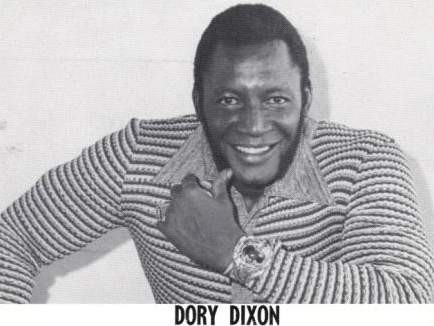



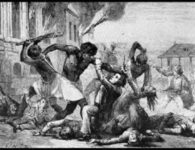


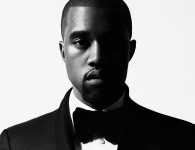
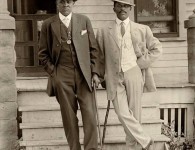
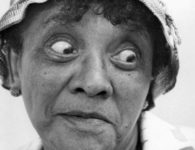
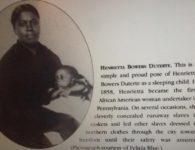
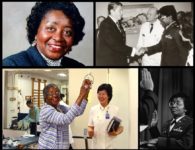
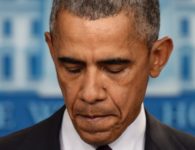
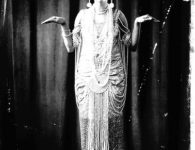

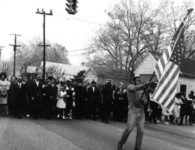

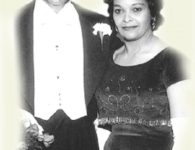

No comments